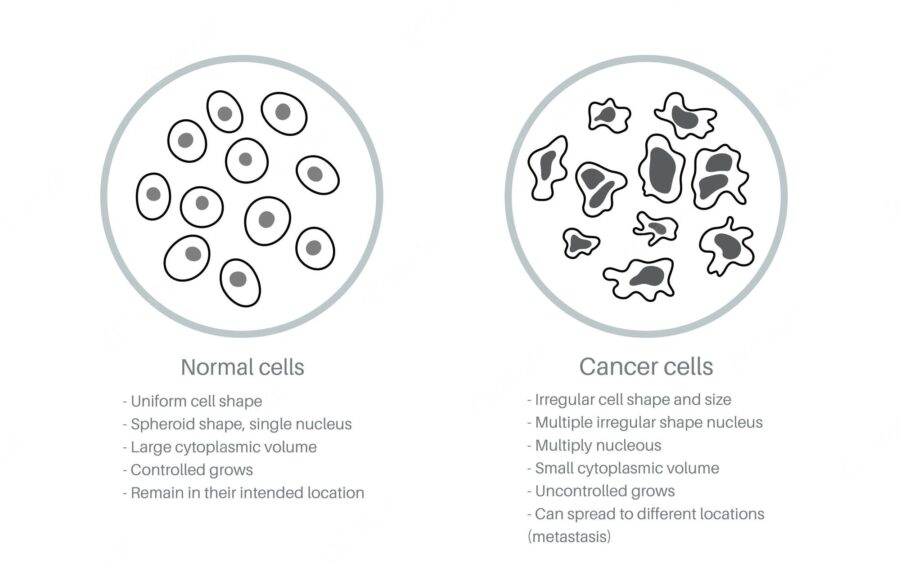MOUTH CANCER is a scary word, but most of the time it isn’t as bad as it sounds. If the cancer is caught early and treated appropriately, the prognosis for recovery is excellent. However, the sooner you catch it and treat it, the better your chances of beating it. If you have any symptoms that may indicate you have stage 1 oral cancer, see your doctor as soon as possible. The sooner you are diagnosed and begin treatment, the better your outcome will be. Let’s take a look at what we know about stage 1 mouth cancer so far.
What is Stage 1 Mouth Cancer?
When we talk about the stages of mouth cancer, we are describing how far the cancer has progressed. We use a standard system that has been used for many years and applies to all cancers, not just mouth cancer.
For Stage 1 Oral Cancer, the cancer is still confined to the mucous membrane of your mouth. It has not invaded the underlying connective tissue or spread to other parts of the body. We’ll look at the types of mouth cancer that might appear in stage 1 and staging for other cancers that may be confused with stage 1 oral cancer.

Because most of the time mouth cancer is not stage 1, cancer experts have found it helpful to name stages 0 and a.
Stage 0 refers to pre-cancerous changes in the cells of the mouth that are not cancer but could become cancer if not treated. Stage a refers to the earliest stage of cancer in the mouth.
Types of Mouth Cancer in Stage 1
Squamous cell carcinoma is the most common type of cancer in the oral cavity. It is most often found on the floor of the mouth or on the gums. This is the type of cancer that most often progresses to Stage 1 Mouth Cancer. Other cancers that may be found in Stage 1 include:
Staging for Cancers that may be confused with Stage 1 Mouth Cancer
One type of cancer that is often confused with Stage 1 Oral Cancer is tonsillar squamous cell carcinoma. In this case, the cancer has progressed to the point where it has spread to the lymph nodes in the neck. If tonsillar squamous cell carcinoma is in Stage 1, the growth is confined to the tonsils. If it has progressed to Stage 2, it has spread to the lymph nodes in the neck. Those who have Stage 2 tonsillar squamous cell carcinoma should see a head and neck surgeon. This type of cancer usually requires extensive surgery. The surgeon will examine the extent of the cancer and determine if it has been treated before.

How to treat Patient with Stage 1 Mouth Cancer?
In order to effectively treat Stage 1 oral cancer, the cancer must be removed surgically. This can be a challenging operation because these cancers can be very small. If the cancer is on the gums, it can be removed with a laser or electrocautery. For cancers on the floor of the mouth, the surgeon will likely scrape it off with a scalpel. Combined with radiation therapy, surgery is the best way to treat oral cancer. Since the cancer is still confined to the mucous membrane, there is no need for chemotherapy. When it comes to radiation, the intensity, frequency and duration of the treatment depend on the location of the tumour.
It can be cured if found and treated at an early stage (when it’s small and has not spread). A healthcare provider or dentist often finds oral cancer in its early stages because the mouth and lips are easy to exam.
Conclusion
Mouth cancer is a scary word, but most of the time it isn’t as bad as it sounds. If the cancer is caught early and treated appropriately, the prognosis for recovery is excellent. However, the sooner you catch it and treat it, the better your chances of beating it. For more information on stage 1 mouth cancer, talk to your doctor. They can help you assess your risks and discuss what symptoms you should be looking for.
Follow Us For More Updates





